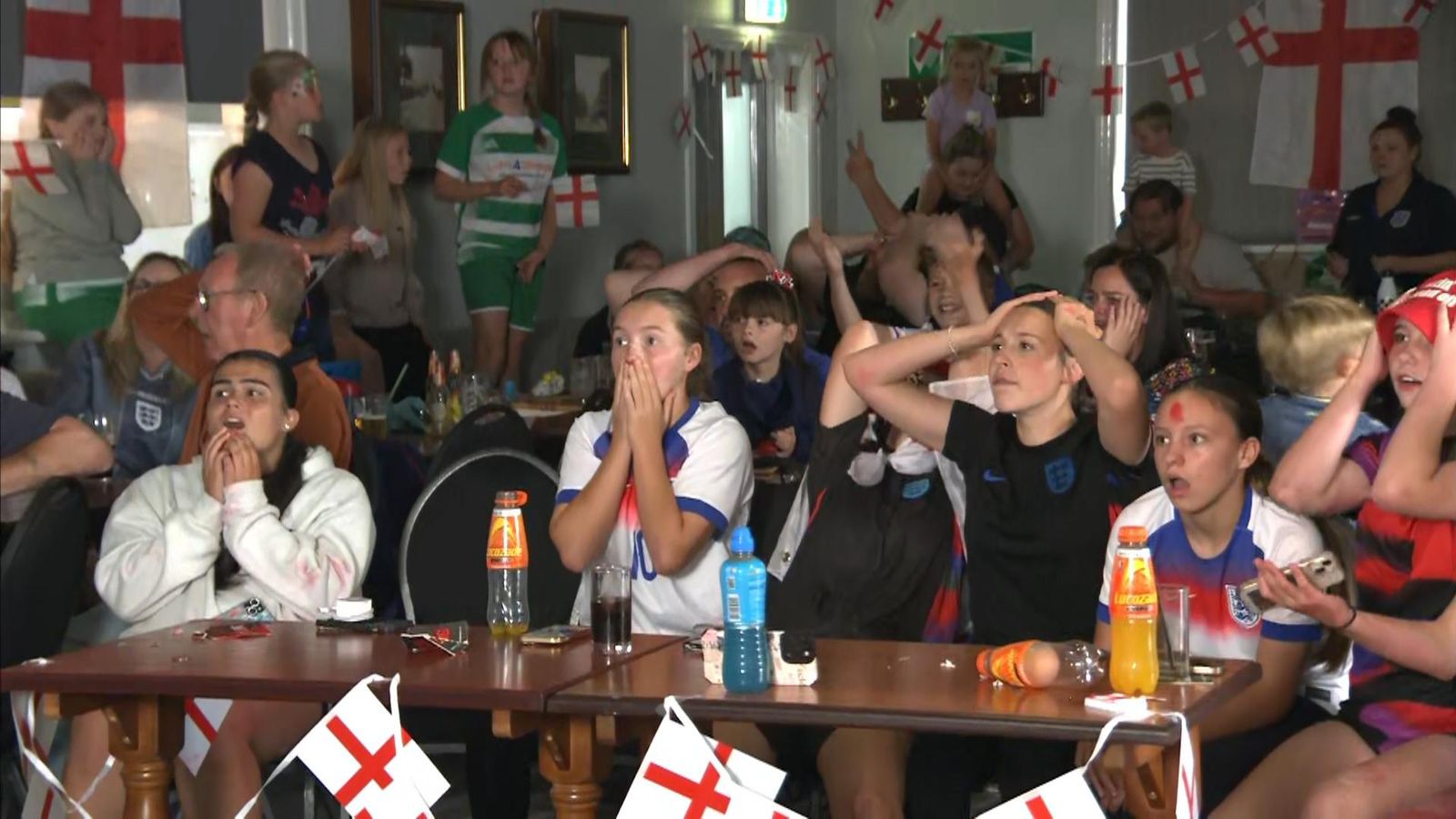Slovakia's populist government to replace public broadcaster
The Slovak government has approved a proposal to abolish the public broadcaster and replace it with a new body, prompting renewed fears for the independence of the media under Robert Fico's populist-nationalist coalition.

The cabinet backed a culture ministry proposal to abolish the existing Radio and Television of Slovakia (RTVS).
It will be replaced by a new body, Slovak Television and Radio (STVR).
The current director general, who was appointed in 2022, will lose his job.
His replacement will be chosen by a Council, with members appointed by ministers and the Fico-controlled parliament.
"We're returning the adjective 'Slovak' to the name, which is a declaration of the unequivocal national and state-forming nature of our public broadcaster," said Culture Minister Martina Simkovicova, a nominee of the ultra-nationalist Slovak National Party.
Ms Simkovicova, herself a former TV journalist, said RTVS was guilty of "political activism", telling reporters the changes were designed to correct a lack of objectivity in the public broadcaster's news coverage.
She has complained in recent months that RTVS only gives space to "mainstream" opinion and ignores everything else, an allegation denied by the broadcaster.
But critics have questioned her own fitness to decide on the matter, pointing out that before becoming minister she was co-hosting an online TV channel promoting pro-Russian narratives and disinformation about Covid-19 and vaccination.
The government's plans have prompted protests from thousands of Slovaks in the capital Bratislava as well as from journalists, opposition parties and the European Union. Last month, the European Broadcasting Union warned against turning Slovakia's public service broadcaster into "state-controlled media".
Ms Simkovicova stressed the draft law was in line with the European Act on Freedom of the Media, which was approved by the European Parliament in March.
The changes will be submitted to parliament where Mr Fico's government has a majority. They are likely to take effect in June.
"The situation in RTVS is unsustainable... [it] cannot be objective because it's in permanent conflict with the Slovak government," the prime minister told journalists after Tuesday's cabinet meeting.
"The fundamental human right of Slovak citizens to objective information is therefore being violated," he said.
However, the government appears to have dropped the most controversial proposals, which would have brought the broadcaster virtually under direct state control.
These included giving the broadcaster's board of governors the right to fire the director general without giving a reason, and creating a separate "programme council" to directly oversee editorial decisions, which critics said would amount to censorship.
The proposals have now been watered down, with the new director general chosen by a carefully selected Council. Three of its members will be appointed by the culture minister, a fourth by the finance minister and the remainder chosen by parliament.
At present parliament chooses the director general directly.
Instead of a "programme council" there will be an "ethics committee" which will play an advisory role.
Some 1,200 RTVS employees have signed a petition against the proposals and a video posted by staff on social media said free and independent public media "should serve all citizens of Slovakia, not just the power ambitions of any party".
On Thursday staff, possibly including on-screen presenters and reporters, will dress in black. In subsequent days they will wear a ribbon with the colours of RTVS on their lapels.
-bbc







